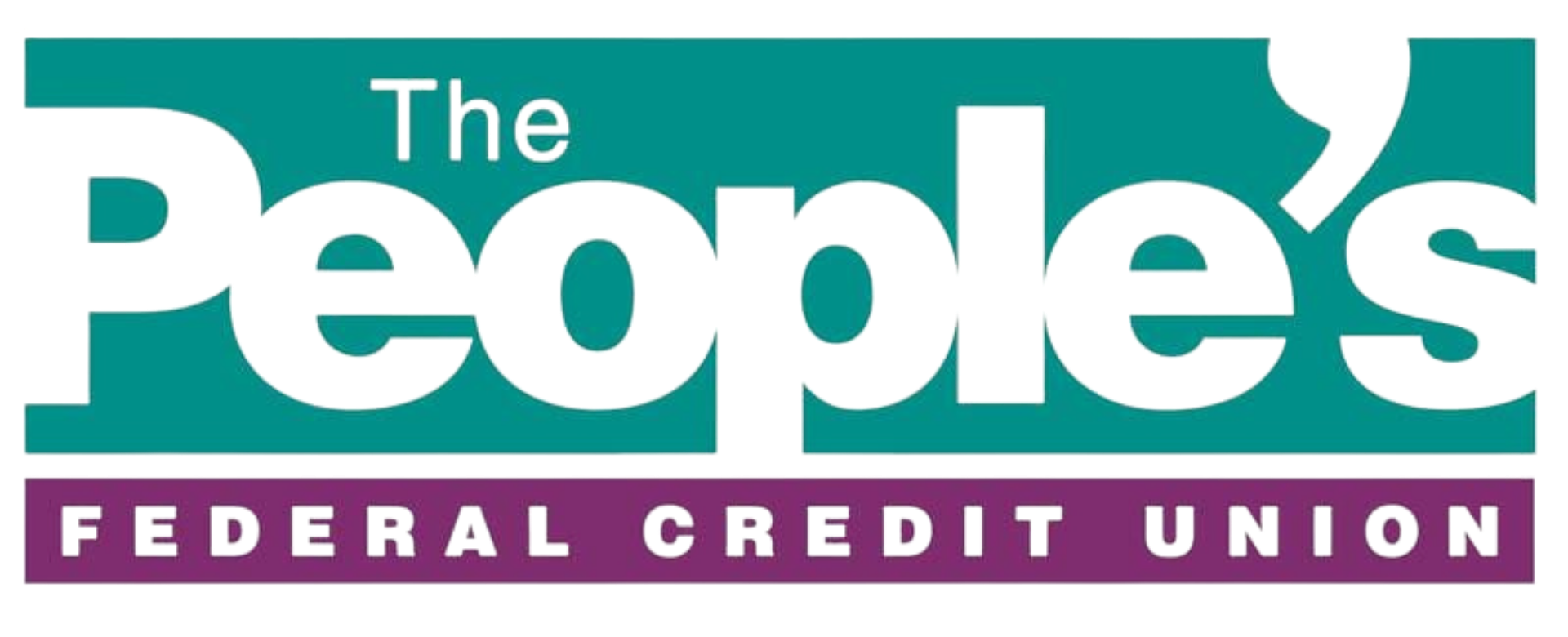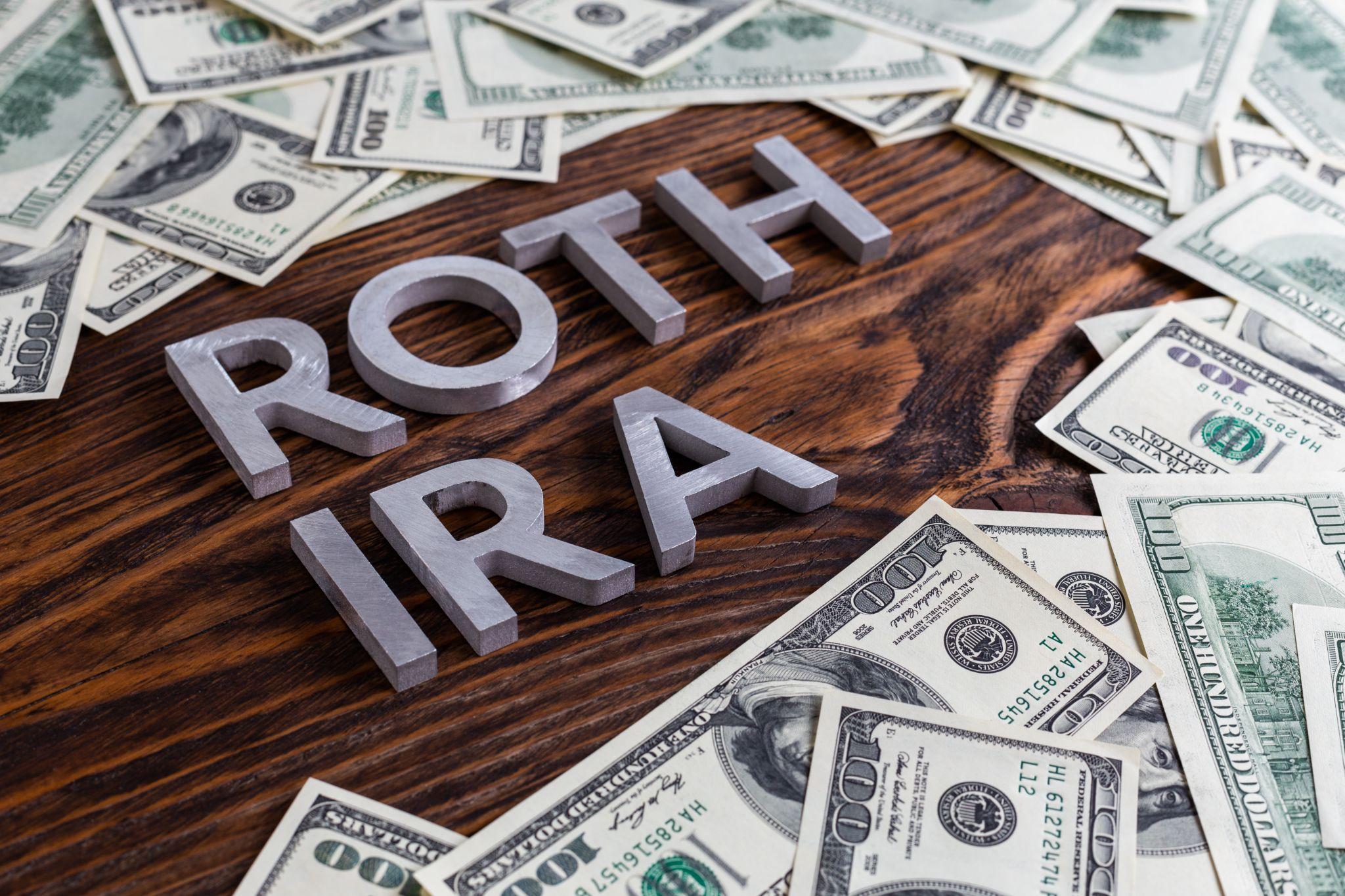A Roth IRA is a retirement account that offers the benefit of tax-free growth on your investments. When you contribute to a Roth IRA, you use after-tax dollars, meaning the money has already been taxed. This setup allows your contributions to grow tax-free, and qualified withdrawals during retirement are also tax-free, as long as you follow the required conditions.
Roth IRA vs. Traditional IRA
Individual retirement accounts (IRAs) are designed to help you save for retirement by offering tax advantages. The most common types of IRAs are Roth and traditional, each with its own benefits and rules. Understanding the differences between a Roth IRA and a traditional IRA can help you decide which one is right for you.
Below, we’ve created a comparison chart to highlight the key features of each:
Feature |
Roth IRA |
Traditional IRA |
Tax Treatment |
Contributions are made with after-tax dollars; not tax-deductible. Any potential earnings grow tax-free. |
Contributions are made with pre-tax dollars; tax-deductible if you meet income requirements. Any potential earnings grow tax-deferred until withdrawn. |
Income Requirements |
Must be 18 or older with earned income within IRS income limits to contribute. Check the IRS website for current limits. |
Anyone age 18 or older with earned income can contribute. For contributions to be tax-deductible, specific income limits apply. Check the IRS website for current limits. |
Contribution Limits |
Subject to annual contribution limits. Check the IRS website for current limits. |
Subject to annual contribution limits. Check the IRS website for current limits. |
Required Minimum Distributions (RMDs) |
No RMDs required during the account holder’s lifetime. |
RMDs are required starting at age 73. |
Withdrawals |
Contributions can be withdrawn tax- and penalty-free at any time. Earnings can be withdrawn tax-free if you meet IRS qualified distribution requirements. |
Withdrawals are taxed as income; you will pay taxes on both contributions and earnings upon withdrawal. |
Early Withdrawal Penalties |
Withdrawals of earnings before age 59½ may incur taxes and a 10% penalty unless an exception applies. |
Withdrawals before age 59½ will incur taxes on contributions and earnings and may also incur a 10% penalty unless an exception applies. |
Can You Contribute to Both a Roth IRA and a Traditional IRA?
Yes, you can contribute to both a Roth IRA and a traditional IRA in the same year, provided you meet the eligibility requirements for each type. However, the total contributions to both accounts cannot exceed the annual contribution limit set by the IRS. This limit applies collectively to all your IRAs. For the current contribution limits, you can check the IRS website.
Benefits of a Roth IRA
A Roth IRA offers several benefits that make it a popular choice for retirement savings:
- Tax-Free Growth and Withdrawals: Since contributions are made with after-tax dollars, your investments grow tax-free, and qualified withdrawals in retirement are also tax-free.
- No Required Minimum Distributions (RMDs): Unlike traditional IRAs, Roth IRAs do not require you to start taking distributions at age 73, giving you more flexibility in your retirement planning.
- Access to Contributions: You can withdraw your contributions (but not the earnings) at any time without penalties or taxes, providing financial flexibility.
- Inheritance Benefits: Roth IRAs can be passed on to heirs, and they can continue to grow tax-free, which can be a beneficial estate planning tool.
Who Is Eligible to Open a Roth IRA?

To open a Roth IRA, you must meet certain eligibility requirements:
Income Requirements
Your ability to contribute to a Roth IRA is subject to income limits. These limits are based on your modified adjusted gross income (MAGI). For current income limits, you can check the IRS website.
Age Requirements
There is no minimum age to contribute to a Roth IRA. Minors can contribute through a custodial Roth IRA as long as they have earned income. There is also no upper age limit, which means you can continue to contribute as long as you have earned income.
Start Investing with The People’s Federal Credit Union
At The People’s Federal Credit Union, we offer our members numerous ways to save for the future, including Roth and traditional IRAs. Our IRA options provide you with the flexibility and tax advantages you need to build a secure retirement. Whether you are just starting your retirement savings journey or looking to diversify your investment portfolio, we have the right solution for you.
Discover more about our IRAs and other investment options. Start planning for your future today with the trusted support of The People’s Federal Credit Union. Your financial success is our priority!








